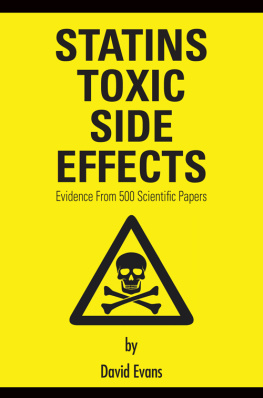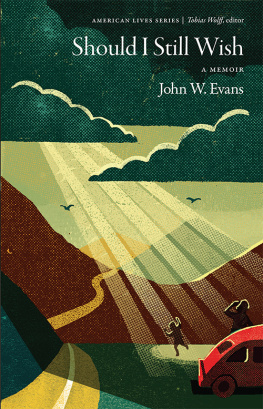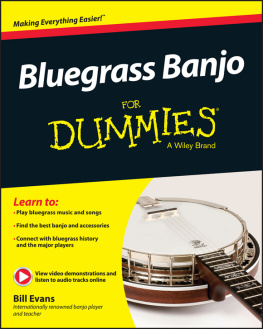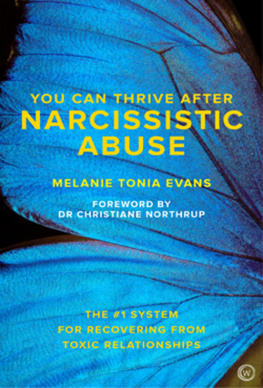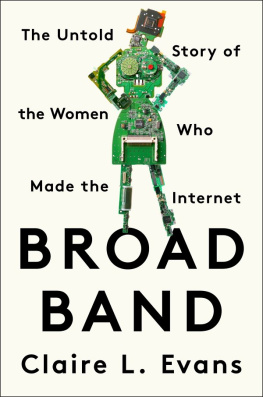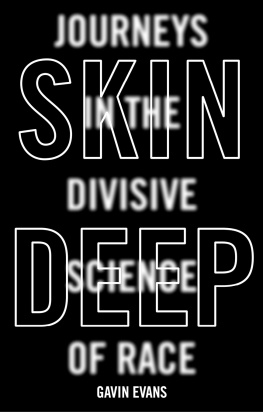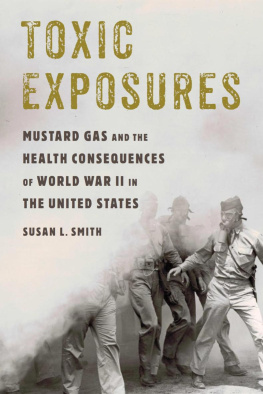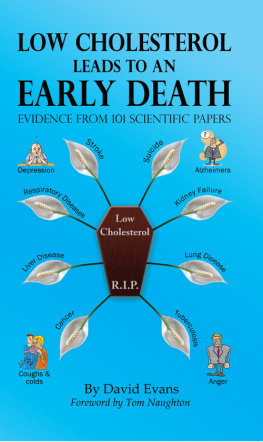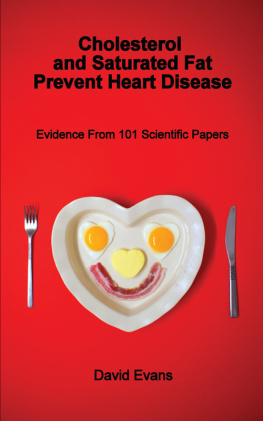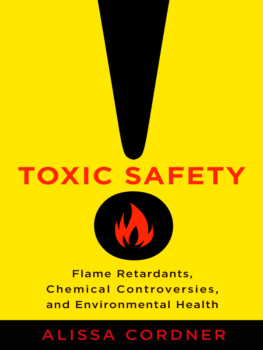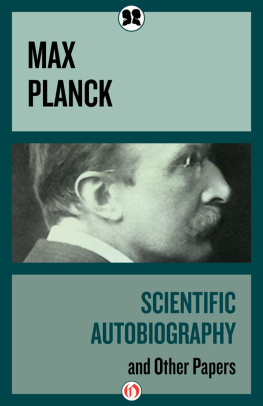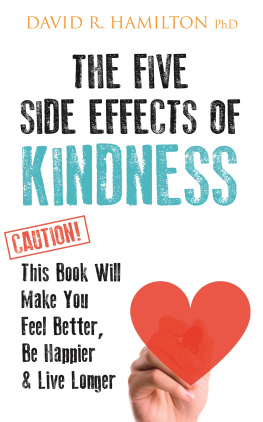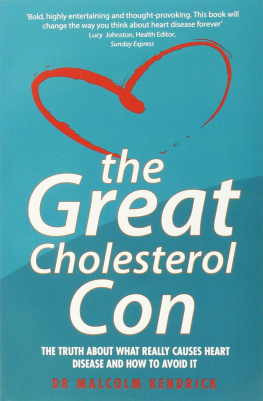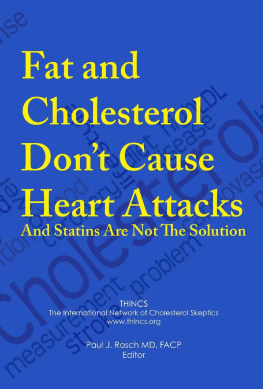Evans - Statins toxic side effects: evidence from 500 scientific papers
Here you can read online Evans - Statins toxic side effects: evidence from 500 scientific papers full text of the book (entire story) in english for free. Download pdf and epub, get meaning, cover and reviews about this ebook. City: Guildford;Surrey, year: 2015, publisher: Grosvenor House Publishing Limited, genre: Science. Description of the work, (preface) as well as reviews are available. Best literature library LitArk.com created for fans of good reading and offers a wide selection of genres:
Romance novel
Science fiction
Adventure
Detective
Science
History
Home and family
Prose
Art
Politics
Computer
Non-fiction
Religion
Business
Children
Humor
Choose a favorite category and find really read worthwhile books. Enjoy immersion in the world of imagination, feel the emotions of the characters or learn something new for yourself, make an fascinating discovery.
Statins toxic side effects: evidence from 500 scientific papers: summary, description and annotation
We offer to read an annotation, description, summary or preface (depends on what the author of the book "Statins toxic side effects: evidence from 500 scientific papers" wrote himself). If you haven't found the necessary information about the book — write in the comments, we will try to find it.
Evans: author's other books
Who wrote Statins toxic side effects: evidence from 500 scientific papers? Find out the surname, the name of the author of the book and a list of all author's works by series.
Statins toxic side effects: evidence from 500 scientific papers — read online for free the complete book (whole text) full work
Below is the text of the book, divided by pages. System saving the place of the last page read, allows you to conveniently read the book "Statins toxic side effects: evidence from 500 scientific papers" online for free, without having to search again every time where you left off. Put a bookmark, and you can go to the page where you finished reading at any time.
Font size:
Interval:
Bookmark:

This book is dedicated to my wonderful wife Julie for her patience, support and love
Cholesterol and Saturated Fat Prevent Heart Disease: Evidence From 101 Scientific Papers
Low Cholesterol Leads To An Early Death: Evidence From 101 Scientific Papers
This book is intended solely for informational and educational purposes and not as medical advice, nor to replace the advice of a doctor or other health care professionals. Anyone wishing to embark on any dietary or lifestyle change must first consult with their health care professional.
The decision to use any information in this book is entirely the decision of the reader, who assumes full responsibility for any and all consequences arising from such a decision. Neither the author nor the publisher shall be held liable for any consequences resulting or allegedly resulting from use of information in this book.
David is a qualified nutritional adviser. He runs a website called Healthy Diets and Science ( www.dietsandscience.com ) which is devoted to examining the scientific evidence regarding the effects of diet, pharmaceutical drugs and lifestyle on health. David has previously written books examining the influence of dietary cholesterol and saturated fat on heart disease and the impact of cholesterol levels on health. He is married to Julie, has four children, two step-children ages 17 to 31 and six grandchildren.
by
Tom Naughton
Health writer, researcher and filmmaker
Judging by the constant parade of TV advertisements for statins, youd think theyre the greatest drugs ever developed. Lowers bad cholesterol! Reduces heart attacks by 33 percent! A low risk of side-effects! Well, heck, whats not to like? Perhaps we should all be taking statins along with our daily vitamin pills, just to on the safe side.
If youre a speed-reader and happen to watch TV through binoculars, you might just catch one of the disclaimers that appear briefly in tiny print. Using the freeze-frame option on my remote, I saw one disclaimer that the statin being advertised has not actually been shown to reduce heart attacks. (This fact didnt prevent the woman in the ad from dancing a happy little jig to celebrate her lower cholesterol.) Another disclaimer stated that a reduction in heart attacks was only demonstrated in a particular high risk group. Given that statins are handed out like candy on Halloween, that high risk group must be the biggest minority on the planet.
If you take a peek at the actual research (which I have), youll quickly find that the supposed benefits of statins arent nearly as impressive or ubiquitous as weve been led to believe. Yes, one brand of statin may have reduced the rate of heart attacks by 33 percent in one particular high risk group, anyway but you have to understand how that number is calculated: among high-risk men enrolled in the years-long study, three out of every 100 who took a placebo had a heart attack; while in the statin-taking group, two out of every 100 had a heart attack. Two is a 33% reduction from three but in real terms, it means years of taking a statin apparently prevented one heart attack for every 100 high-risk men. Oh, and by the way, there was no reduction in the overall death rate.
You might be thinking to yourself, Okay, so perhaps statins dont actually prevent all that many fatal heart attacks. But they do lower cholesterol, so why not take them? What can it hurt?
The answer is: plenty.
To begin with, statins can literally make you hurt. One of the most common side-effects is pain in the muscles and joints. Soon after my mother began taking a statin, she ended up taking a daily pain-killer as well. (Her doctor, like so many doctors, never attributed the onset of aches and pains to the statin.)
Even if your muscles dont ache, they not may function as well. A study of professional athletes showed that most who are prescribed statins stop taking them. You and I may not notice if we become a bit weaker and slower, but professional athletes certainly do after all, losing a bit of strength and speed can cost them their careers.
But muscle pains are just the tip of the iceberg. Despite the manufacturers claims of a low incidence of side-effects , independent research is concluding that side-effects are quite common with statins including everything from diabetes to liver damage to memory loss.
But you dont have to take my word for it. In this book, David Evans presents summaries of 500 scientific papers yes, 500 in which the researchers concluded that statins caused or were at least associated with very negative health effects. These are the studies your doctor probably hasnt seen and which the statins manufacturers would like to pretend dont exist.
But they do exist. For your sake, and for the sake of any loved ones who are taking statins, Id urge you to give these studies a look.
I dont believe youll find them so effectively gathered and summarized anywhere else.
Are you fearful of high cholesterol? Are you taking, or have you been advised to start taking cholesterol lowering statin drugs? It is essential you have the knowledge of statins debilitating and toxic side effects. This book, based on the evidence of 500 peer-reviewed scientific papers, provides you with that knowledge.
People of an ever decreasing age are been urged, almost mandated, to have their cholesterol numbers checked, and an ever increasing percentage of them are then advised by a member of the medical profession to take a statin drug to lower their dangerously high levels.
Consider the above paragraph with the following data.
Figures drawn from 192 countries by the World Health Organisation reveal the following:
Women with cholesterol levels of 177 mg/dL (4.6 mmol/L) and under have a 250% higher death rate than women with cholesterol levels of 212 mg/dL (5.5 mmol/L) and over.
Men with cholesterol levels of 177 mg/dL (4.6 mmol/L) and under have a 138% higher death rate than men with cholesterol levels of 212 mg/dL (5.5 mmol/L) and over.
Statin drugs generate annual sales of $34 billion and now exceed a quarter of a trillion dollars since they were first marketed around two and a half decades ago. The total sales of atorvastatin (Lipitor) have been worth more than $140 billion to the pharmaceutical giant Pfizer.
Statin drugs are purported to prevent cardiovascular disease by cutting cholesterol levels.
However, again, data collected by the World Health Organiszation from 192 countries shows a surprising story:
Women with cholesterol levels of 177 mg/dL (4.6 mmol/L) and under have a 93% higher death rate from cardiovascular diseases than women with cholesterol levels of 212 mg/dL (5.5 mmol/L) and over.
Men with cholesterol levels of 177 mg/dL (4.6 mmol/L) and under have a 27% higher death rate from cardiovascular diseases than men with cholesterol levels of 212 mg/dL (5.5 mmol/L) and over.
So, worldwide data reveals that higher cholesterol levels are associated with a longer lifespan and a reduced risk of cardiovascular disease, and figures show that cholesterol lowering drugs (statins) sales are in the tens of billions of dollars annually.
Why then, do virtually all the medical profession, the media, our friends and family think it is a wise decision to lower cholesterol levels with a statin drug? And why are they wrong? This book will provide answers.
As mentioned above, this book uses evidence from 500 scientific papers drawn from peer-reviewed scientific journals. These 500 papers reveal that statin drugs do not save lives. The evidence shows that statin drugs do not add one day to your lifespan, but they do have a plethora of toxic side effects that adversely impact the quality of life of millions of people.
Next pageFont size:
Interval:
Bookmark:
Similar books «Statins toxic side effects: evidence from 500 scientific papers»
Look at similar books to Statins toxic side effects: evidence from 500 scientific papers. We have selected literature similar in name and meaning in the hope of providing readers with more options to find new, interesting, not yet read works.
Discussion, reviews of the book Statins toxic side effects: evidence from 500 scientific papers and just readers' own opinions. Leave your comments, write what you think about the work, its meaning or the main characters. Specify what exactly you liked and what you didn't like, and why you think so.

